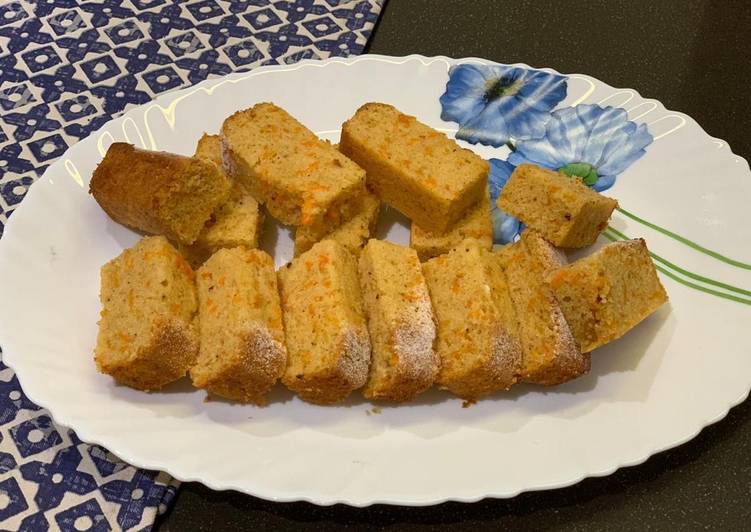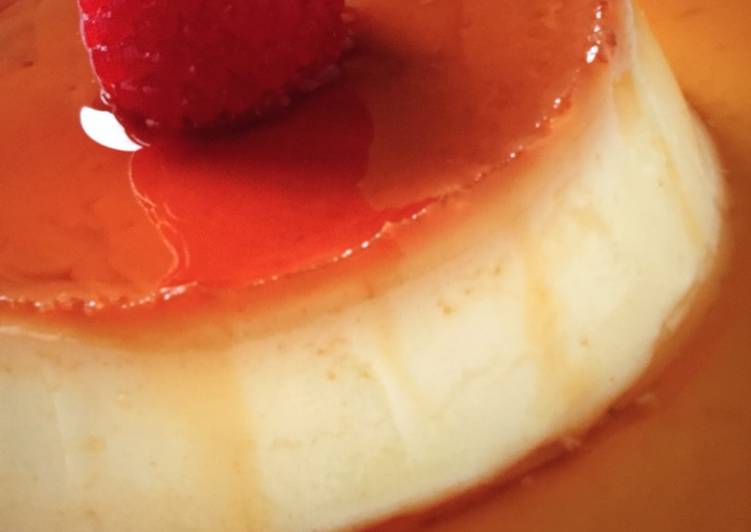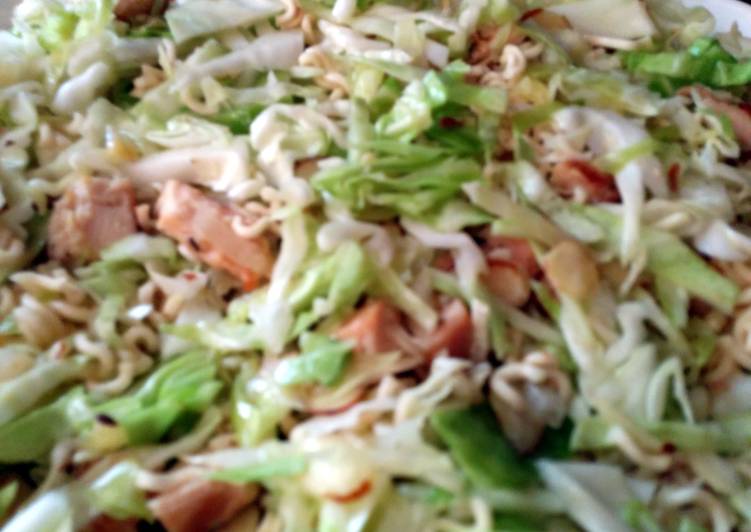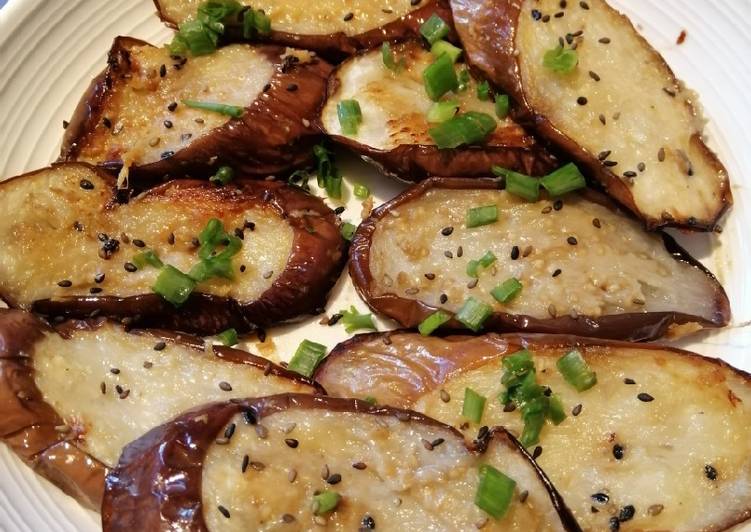Recipe of Perfect Simple Korean Army Stew or Budae Jjigae
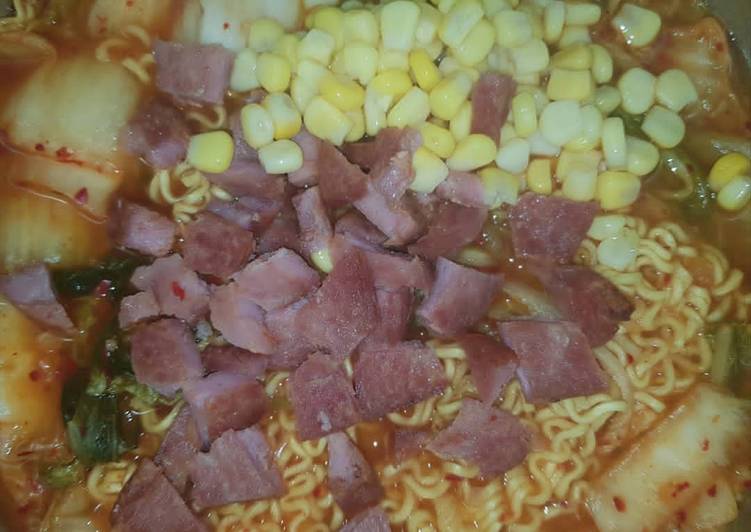
Simple Korean Army Stew or Budae Jjigae Recipe. How to set it up? What are the ingredients? Cooking tips and more… This is one of my favourite food recipe, this time i’am gonna make it a little bit tasty.
This spicy budae jjigae stew is a traditional Korean army base dish made with sausage, ramen noodles, and kimchi that will please a crowd. Some facts about Army Stew (Budae Jjigae) Army stew or army base stew (Budae Jjigae) is Korean fusion stew that incorporates American style processed food such as spam, sausages, canned baked beans and sliced cheese.
Here is the best “Simple Korean Army Stew or Budae Jjigae” recipe we have found so far. This will be really delicious.
Ingredients of Simple Korean Army Stew or Budae Jjigae
- Make ready 6 cups of chicken stock.
- You need 200 g of SPAM cut into cubes.
- Prepare 200 g of mushroom (enoki and or oyster mushrooms).
- It’s 200 g of shitake mushrooms.
- Take 6 of cocktail sausages cut thinly.
- Make ready 3 of instant ramen noodles.
- Prepare Half of a cup of cheese(cubed or 2 slices).
- Prepare 1 cup of kimchi (bite-sized).
- Prepare 1 of Napa cabbage (cut and sliced).
- You need 100 g of Rice cakes (Tteokbokki) or replace with kikiam.
- Prepare 100 g of tofu (sliced or cubed).
- It’s 4 of cobs cooked corn or 1 can of sweet corn kernels.
- Take 2 tablespoons of Korean chili paste (Gochujang).
- You need 1/2 tablespoon of sugar.
- Make ready 1 tablespoon of Korean chili flakes.
- Take 1 tablespoon of garlic (minced).
- Make ready 1 tablespoon of soy sauce.
- Take 1 tablespoon of fish sauce.
- Prepare of Green onions.
- Take 1 teaspoon of cooking oil.
- Prepare of I added corn instead of baked beans.
- Make ready of I also removed kelp and anchovies because I don't like them.
Budae-jjigae (부대찌개) simply translated means army base stew.As a dish it originated soon after the end of the Korean war.As a dish it originated soon after the end of the Korean war.At a time when food was scarce in Korea people started to use surplus food from US army bases such as spam, hot dogs and sliced ham.
Simple Korean Army Stew or Budae Jjigae step by step
- Cook garlic in oil until golden brown. Set aside so it doesn't burn..
- Assemble the ingredients (except for the ramen noodles, rice cakes, green onions, napa cabbage, corn and cheese) in a pot. Mix the Korean paste with soy sauce, chili flakes, sugar, and fish sauce and add the mixture to the pot. Pour the stock and bring to boil on medium heat (about 10 mins). Reduce heat and let simmer for another 10 minutes..
- Add the remaining ingredients – garlic, instant ramen noodles, rice cakes, green onions, napa cabbage (I like my napa cabbage crunchy), corn and add cheese on top of the pot and boil uncovered until the noodles are cooked (about 2 to 3 mins)..
- Serve with steamed rice (& with other Korean side dishes). Or if doing hot pot, reduce the heat to low (using a portable burner) and share the food at the dinning table..
This is our second take on Budae Jjigae!Budae jjigae (부대찌개) is a fusion dish that incorporates American processed meats such as Spam, ham, bacon, and hot dogs into a Korean stew with kimchi.Budae is a general term for a military base in Korean, but budae jjigae is translated into "Army stew" or "Army base stew" because of its origin.
Budae Jjigae (Korean Army Stew) is a wonderfully hearty kimchi stew that has become really popular since its creation after the Korean war.If you love Kimchi, this is a MUST-TRY EASY dish.Budae Jjigae (Korean Army Stew) Boiling In Pot - Close Up Today, budae jjigae is a popular Korean dish with lots of seasonal ingredients such as mushrooms, kimchi, tofu and minced beef.What I love about this delicious stew is that the preparation is really easy (mostly involving cutting and slicing the ingredients).Some Korean dishes have a sad history behind.
